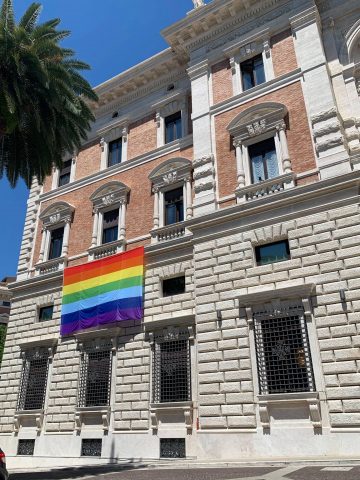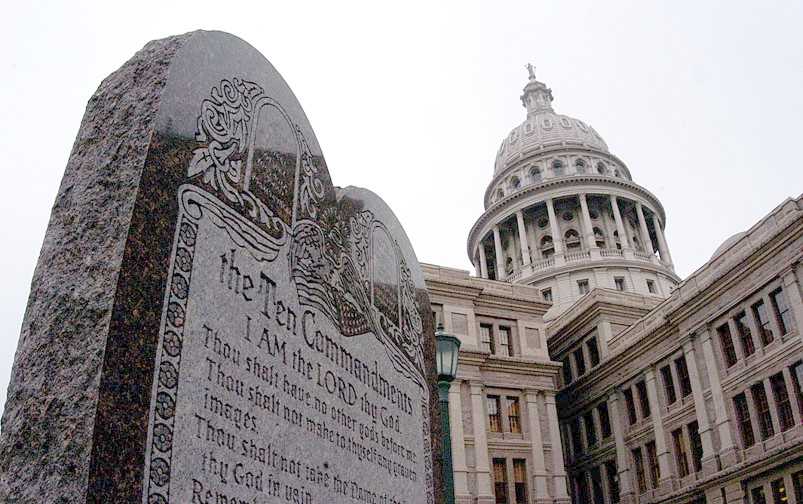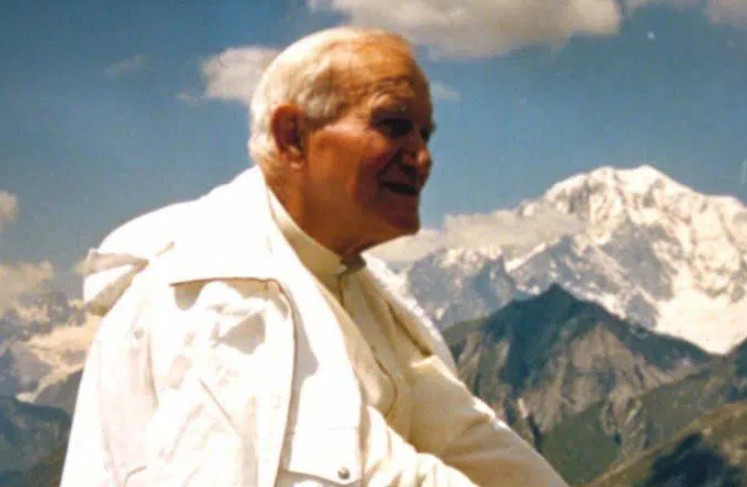 America Magazine recently ran an article by Mary McAuliffe entitled “Women and LGBTQ Catholics are paying the price for church unity” (Jan. 2, 2024). The essay is completely unremarkable except insofar as it underscores and illustrates a point I made in an article last year on this site entitled “The liberal and flawed roots of tiresome synodal grievances”.
America Magazine recently ran an article by Mary McAuliffe entitled “Women and LGBTQ Catholics are paying the price for church unity” (Jan. 2, 2024). The essay is completely unremarkable except insofar as it underscores and illustrates a point I made in an article last year on this site entitled “The liberal and flawed roots of tiresome synodal grievances”.
Allow me to quote its opening paragraphs at length to reestablish the point at hand:
One of the things I have learned in my 65 years of being a Catholic is that the unquestioned meaning of the term “Church reform” in the post Vatican II era is that it is almost exclusively viewed as a cognate for “liberalization”. Why this is so and how it came to be this way is a story too complex to rehearse here. But it is sufficient for my purposes to simply note the brute facticity of this reality with an eye toward its ongoing significance for our “new way of being Church” in our brave new era of “synodal listening”. ….







